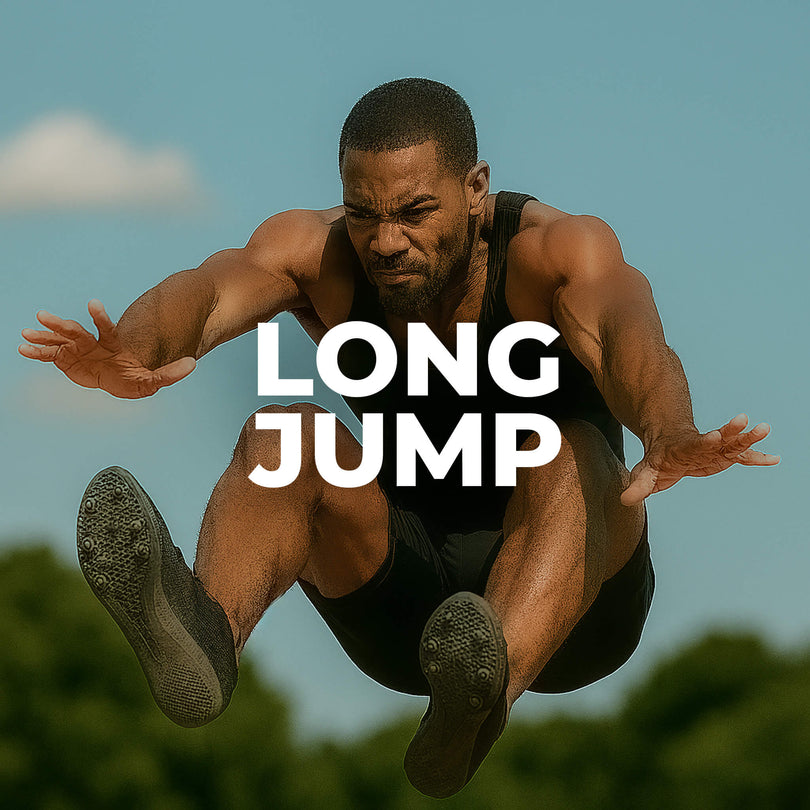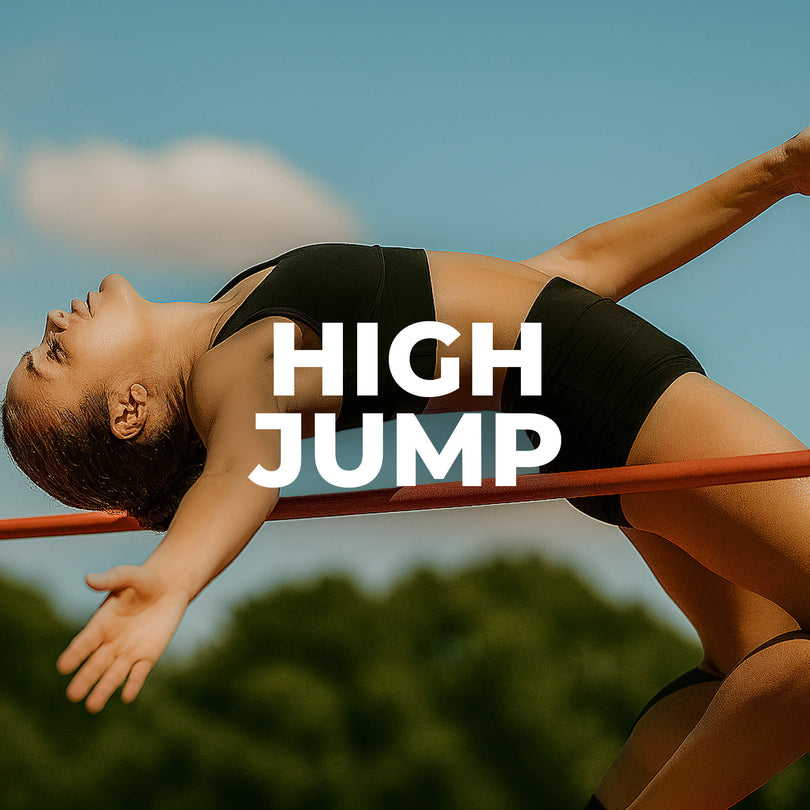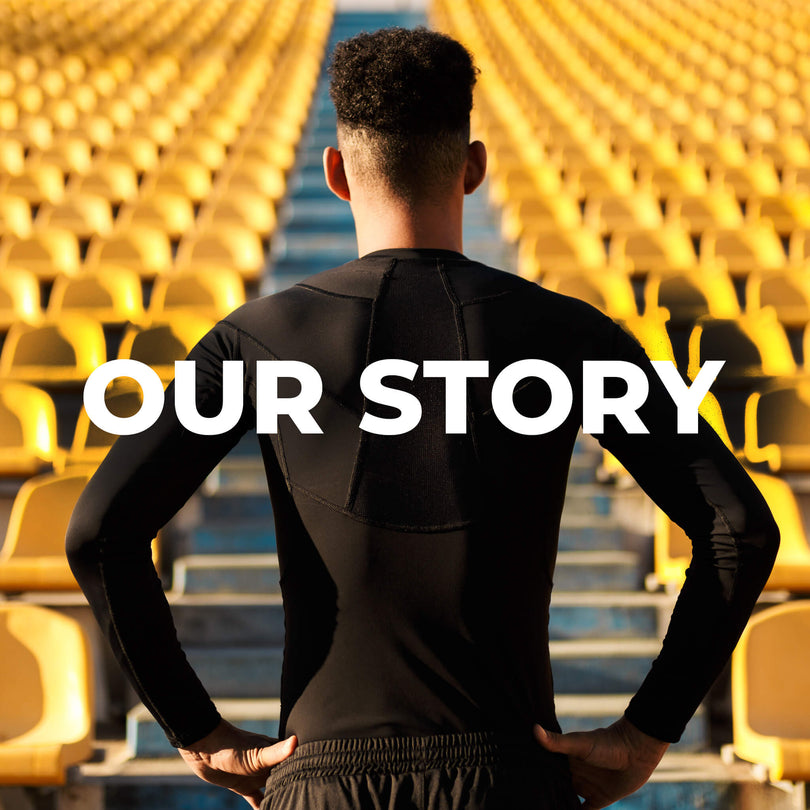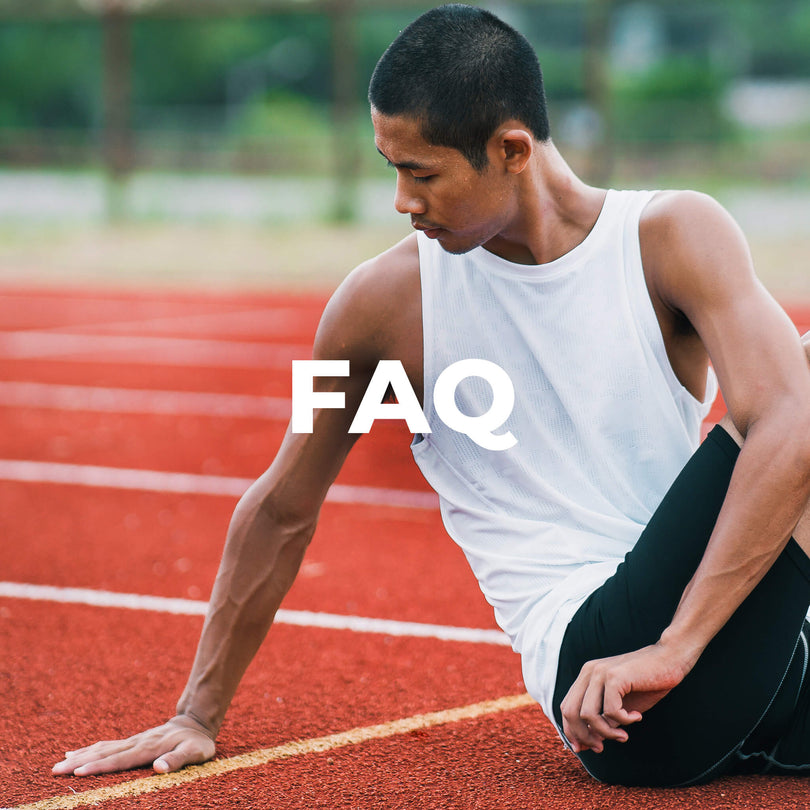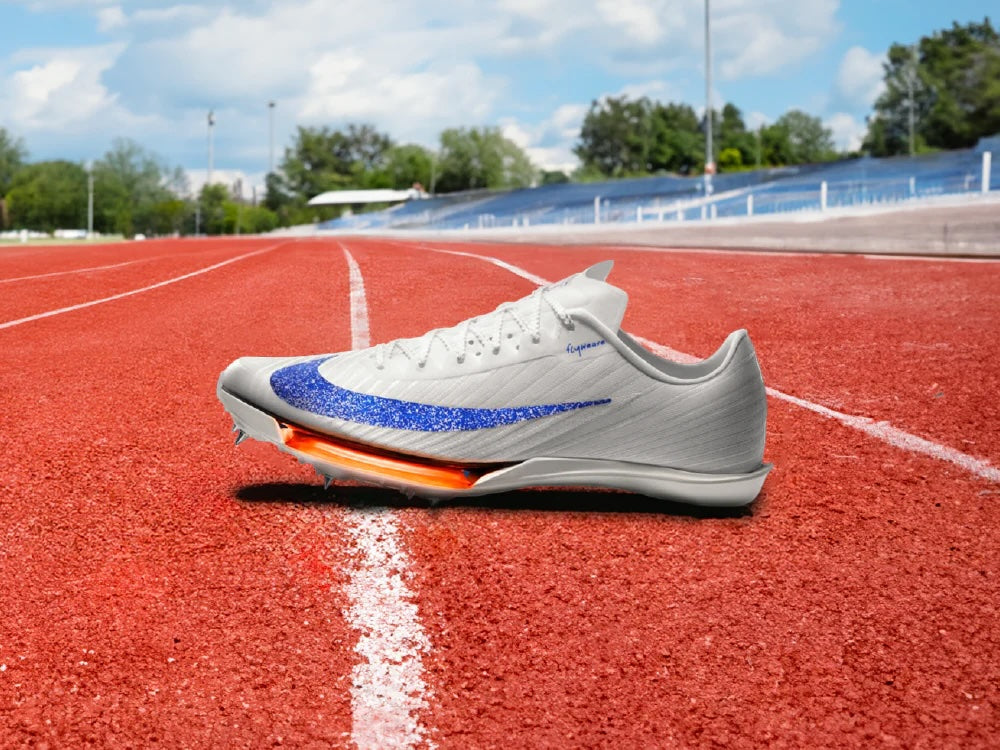In the modern world we live in today, there is no escaping it: social media. Everyone uses it in one form or another, and athletes are no exception. As with anything, though, there are pros and cons, especially as a runner.
Let’s take a deep dive into why social media can be fantastic for athletes and why it has its downsides.

The Pros
There are many great reasons that social media can be helpful to runners of all shapes and sizes. You don’t need to be a professional athlete to get the benefits; runners of all abilities can take great things away from social media when utilized correctly.
Motivation
One of social media's most significant upsides is motivation, which comes in a few forms.
The first is having a larger group of people to cheer on your accomplishments and achievements. If you only have a small group of real-life running friends, having a couple hundred, or even a few thousand extra, can be huge for getting extra motivation when yours is waning.
Another great source of motivation from social media is the challenges you can find online. Whether it is a monthly mileage challenge, a daily fitness goal, or a run streak challenge, knowing that you are being held accountable by an online community is a great way to get that extra push to get dressed and head out the door.
Finding Runners With Similar Fitness Levels
Many newer runners can get discouraged when they join up for a run with more experienced runners, only to lag behind because they can’t hold their pace or run the same distances. Finding some runners in the same position as you is a massive upside to social media.
Some new runners start small online groups of other athletes just getting started so that everyone is at roughly the same point in their running journey. Once you’ve built up some base fitness with your online community, joining a running group in your area becomes much easier because you’ll be confident that you belong there.
Even if you never join a group in person, the confidence you can gain from your online group can be life-changing.
Finding New Running Routes or Races
One of the best things about social media is finding local routes you may have never known existed; this is especially true if you live somewhere with many trails and want to get into trail running. Finding new trails by yourself can be a bit stressful and time-consuming, so following other runners' routes is a great way to discover new places.
Finding new races is another massive upside to social media. Unless you constantly search the internet, it can be almost impossible to keep up with the plethora of races available. Following some local runners and seeing the races they are running is a great way to expand your horizons and try new races you may have never even heard of.

The Cons
As with everything in life, there is always a downside, and social media is no exception, especially for athletes. For every positive experience you have on social media, you will likely experience some negative ones.
The most important thing to remember about the cons is to avoid them as much as possible. Some aren’t unavoidable, but you can try to minimize them as best as possible.
Comparing Yourself to Others
One of social media's biggest downfalls is the ability to compare yourself to other runners. We’ve all done it, most likely without even realizing it. You log onto Instagram and see someone who ran way farther than you or much faster.
Many people don’t consider the work that went into achieving those results. Every runner is at a different place in their running journey, and every runner’s body is different, so why should we all expect the same results?
Not only that, but everyone has a very different personal life, so for all you know, they can devote 4 hours a day, six days a week, to their training. If you can only squeeze in 1 or 2 hours 4 times a week, how is it fair to compare yourself to that person?
Only Showing the Good Parts
While some exceptions exist, 95% of runners only share the positive things: a workout they crushed, a race that went well, or a flawless training schedule.
What you aren’t seeing are the runs that sucked (trust me, we all have them) or the races that went completely off the rails. Some don’t even post about a race until after it has happened; that way, if they blow the race or DNF, they never have to mention it online. It’s only natural to share the days that go well, but social media would be a much more helpful place if we saw a bit of the other side of the coin now and then.
It’s essential to keep that in mind when scrolling through your timeline and seeing everyone’s workouts.
Internet Trolls
If you’ve been on the internet for any length of time, you’ve most likely had to interact with at least a few of them - internet trolls. Trolls are unhappy unless they tear people down, and running trolls may be some of the worst.
A troll can ruin a good training cycle or race if you are easily discouraged. Even if you have thick skin, eventually, negative comments can get to even the runners with the strongest mental will.
The best way to deal with a troll is to ignore and block them and get right back to crushing your training.
When weighing the pros and cons of social media, it is essential to remember that when used correctly, it can be an incredible source of inspiration and motivation. The strongest runners know how to use it to their advantage while blocking out the negative side that could discourage or affect them mentally.
If you find yourself struggling with social media's downsides, it is okay to step back for a few days or weeks and then get back online once you have regained your confidence; it happens to even the strongest-willed runners from time to time.






